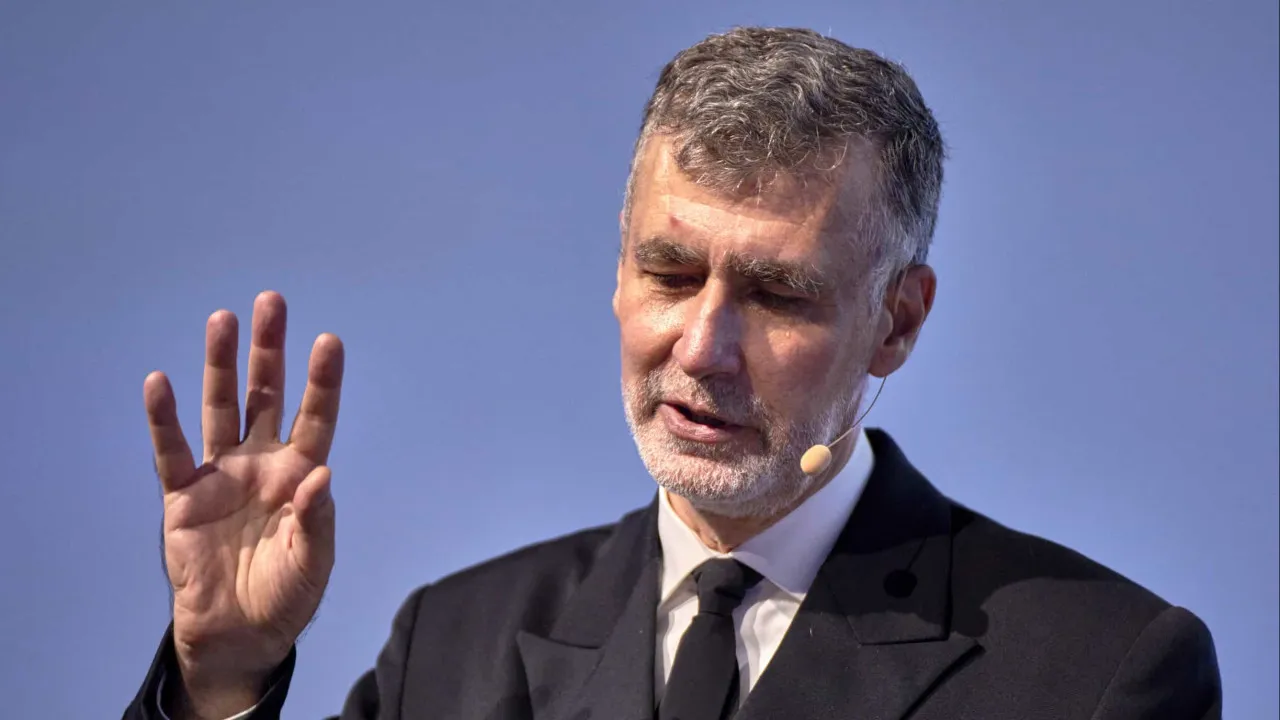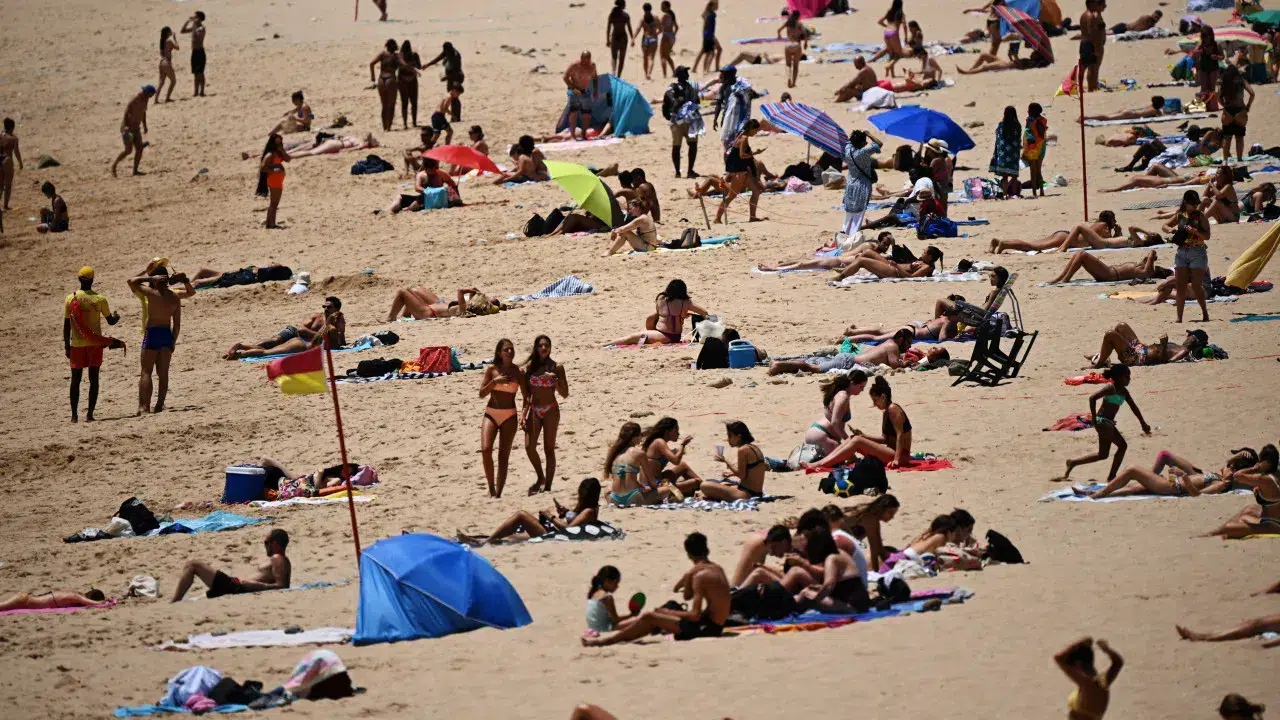
In a parliamentary debate on nationality law, the minister explained that “last year, applications for naturalization based on residency increased fivefold compared to 2015 and tripled compared to 2021.”
“We currently have 512,000 nationality applications pending, of which only 15% are from original Portuguese nationality, all born abroad,” said the minister during the presentation of the government’s bill.
“The access and entitlement to Portuguese citizenship cannot be facilitated, nor can it be commercialized,” as “nationality cannot be a transaction or transition to obtain a passport and then move to other European countries,” stated the minister.
In recent years, he noted, “the required connection to the national community has weakened, leading to a surge in nationality applications, but not from the children of Portuguese parents.”
“In 2015, there were 194,000 nationality applications, almost all from children of Portuguese parents. However, by 2022, there were 362,000 applications, of which only 160,000 were from children of Portuguese parents,” he exemplified.
Since 2015, “nationality applications have grown significantly, especially through naturalization.”
“This increase would be much greater if we did not tighten nationality rules now, as in the last seven years, the number of resident foreigners quadrupled, increasing by one million. Naturally, the potential eligible candidates would increase much more if we did not tighten the rules,” said the Minister of the Presidency.
“All this would happen without ensuring integration and emotional connection,” he added.
The aim of the nationality law is “to correct recent mistakes made by the leftists,” which the government believes facilitated access to Portuguese nationality, which “presupposes a solid connection with our political community.”
“Being a citizen is a title of belonging to the Portuguese people” and involves a “range of rights and duties, including electing and being elected,” as well as “participating in the self-government of our country.”
There was, he said, a “facilitating nationality regime that created an attraction effect that needed to be corrected.”
[News updated at 10:44]




